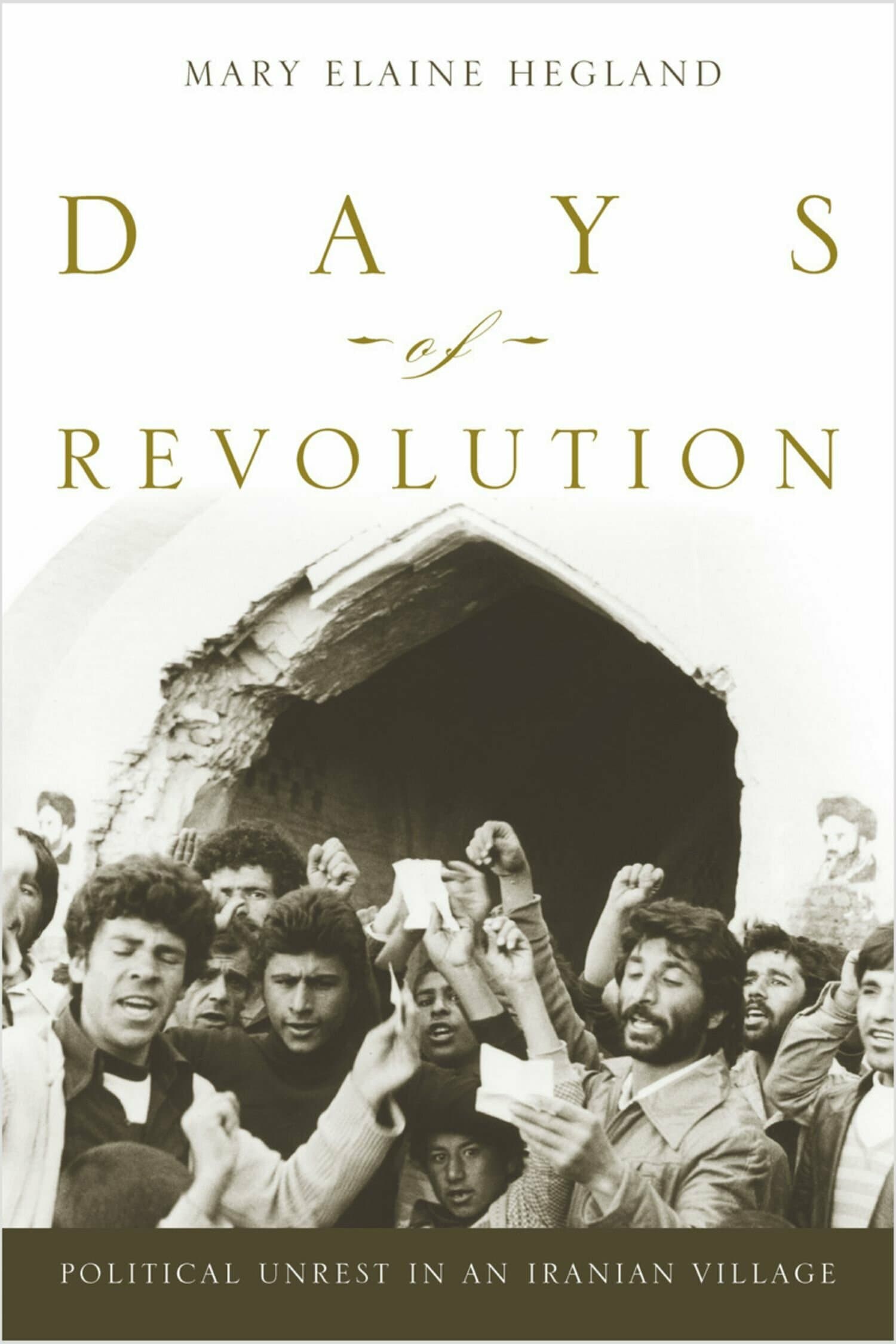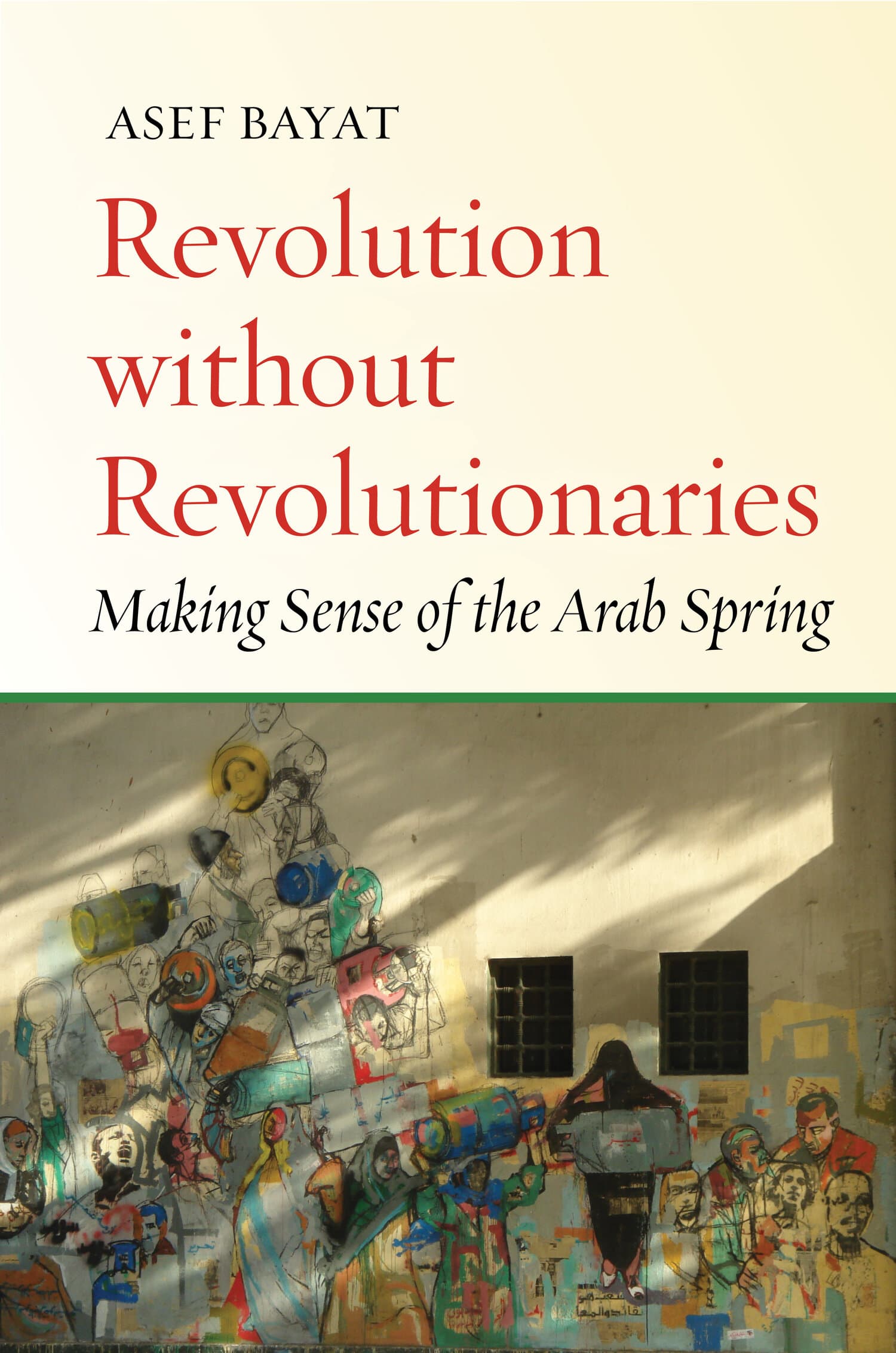Afterlives of Revolution
Also Available from

The Dhufar Revolution was fought between 1965–1976, in an attempt to depose Oman's British-backed Sultan and advance social ideals of egalitarianism and gender equality. Dhufar, the southernmost governorate in today's Sultanate, captured global attention for its revolutionaries and their liberation movement's Marxist-inspired social change. But following counterinsurgency victory, Oman's government expunged the revolution from sanctioned historical narratives. Afterlives of Revolution offers a groundbreaking study of the legacies of officially silenced revolutionaries. How do their underlying convictions survive and inspire platforms for progressive politics in the wake of disappointment, defeat, and repression?
Alice Wilson considers the "social afterlives" of revolutionary values and networks. Veteran militants have used kinship and daily socializing to reproduce networks of social egalitarianism and commemorate the revolution in unofficial ways. These afterlives revise conventional wartime and postwar histories. They highlight lasting engagement with revolutionary values, the agency of former militants in postwar modernization, and the limitations of government patronage for eliciting conformity. Recognizing that those typically depicted as coopted can still reproduce counterhegemonic values, this book considers a condition all too common across Southwest Asia and North Africa: the experience of defeated revolutionaries living under the authoritarian state they once contested.
"Alice Wilson has produced a stunning ethnography exploring the ideals and social relationships forged in a revolutionary movement and lived after its formal defeat. She describes the struggles and connections of those whose hopes have been constrained but not erased. This beautiful work serves as a model for the best of anthropological research and writing."—Mandana Limbert, Queens College and the Graduate Center, CUNY
"An extraordinary study. By uncovering the survival strategies and legacies of armed insurgencies in Oman, Afterlives of Revolution sheds light on an important, yet under-explored aspect of post-war politics. This pathbreaking work is of great relevance to scholars of autocratic regimes, and peace and conflict studies."—Gyda Sindre, University of York and the Politics after War Network
"Afterlives of Revolution is an important addition to our understanding of revolutions and their outcomes. There is much insight here into Dhufar—its history, politics, and social developments, in addition to the revolution itself."—Tugrul Mende, The Markaz Review
"Oman in general, and the Dhufar Rebellion in particular, have tended to be neglected in studies of the Middle East and of the Arabian Peninsula for a variety of reasons. Afterlives of Revolution is a very welcome addition to that literature, illuminating on its own merits and pointing the way towards a wider set of possibilities in the study of frustrated revolutions which should prove quite fruitful for scholars focused on the aftermath of the 2011 failures and frustrations."—Marc Lynch, Abu Aardvark
"The triumph of Wilson's Afterlives of Revolution: Everyday Counterhistories in Southern Oman is that it begins where most books end, with defeat and demobilization. Wilson takes a different approach than the well-worn path of tracking defeated revolutionaries' disillusionment, or retreat in rosy-eyed recollections of the past. By giving form to the evocative yet inchoate notion of afterlives, she urges us to think again about what it means to say that a social process or idea has died or failed."—Mona El-Ghobashy, Public Books
"Wilson's book constitutes a remarkable addition to the rare anthropological references on the Sultanate of Oman, and in particular on the Dhufar region. She pertinently defends the idea that revolutions have long-lasting effects that go well beyond their official ends, and reminds us of the extent to which the reference to the Dhufar revolution remains a mobilizing political symbol, always likely to be revived and endorsed by new generations."—Mehdi Ayachi, Arabian Humanities
"[Afterlives of Revolution] provides a new window on the revolutions of southwest Asia and north Africa and their legacies beyond the failure/success paradigm."—Fatemeh Sadeghi, Allegra Lab
"By allowing room for alternative interpretations and ambiguity, Alice Wilson's arguments result even more convincing. Revolutionary afterlives remain ongoing and open-ended. By turning our attention to the social and everyday dimensions of these ongoing legacies, Alice Wilson breaks open the analysis of revolutions, especially in places where these are silenced."—Nikkie Wiegink, Allegra Lab
"Wilson's gripping book is a welcome, multifaceted invitation to students and scholars of the MENA region and beyond to re-evaluate both revolutionary change and authoritarian resilience through today's increasing attentiveness to intersectionality, temporality, and space."—Nathalie Peutz, Allegra Lab
"Alice Wilson's refreshingly optimistic Afterlives of Revolution: Everyday Counterhistories in Southern Oman explores what happens to revolutionary ideals after state-imposed official silencing.... Although the rebels suffered military defeat, the book is empowering – we see how the ideals of a revolution live on through veterans' small, daily actions promoting social egalitarianism."—Joanna Allan, The Sociological Review




